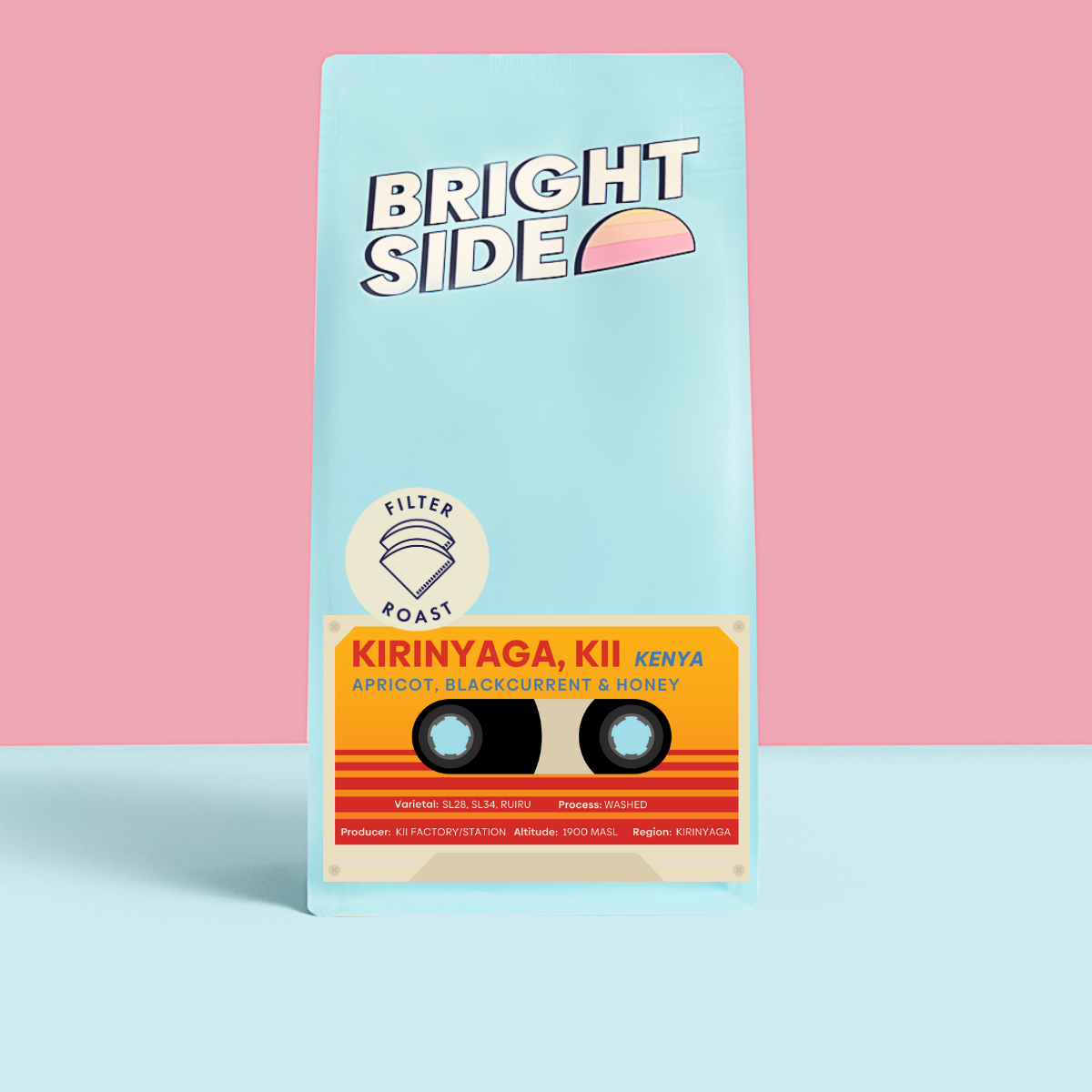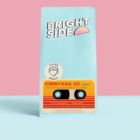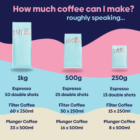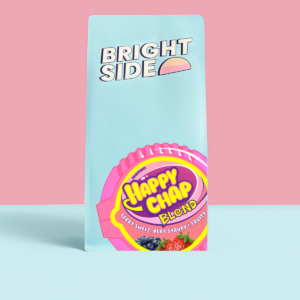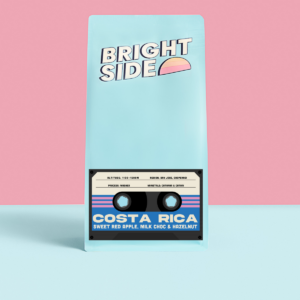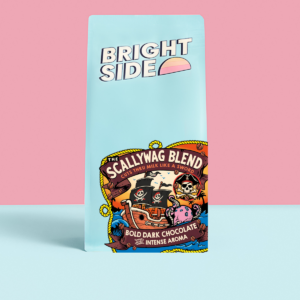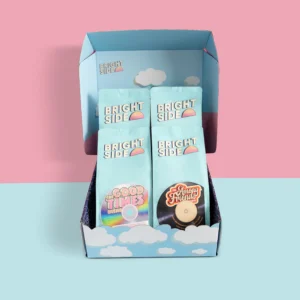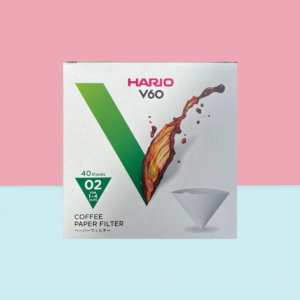Description
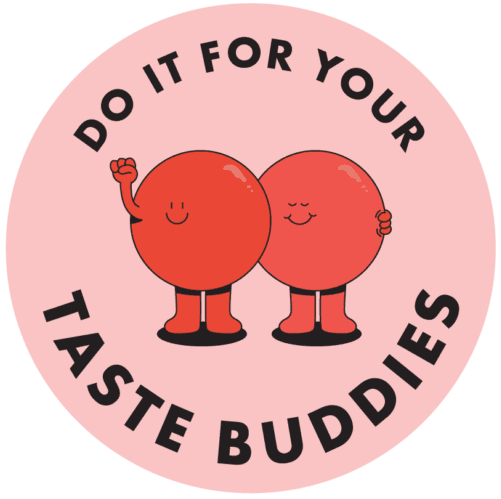
Kii, Kenya
The Kii factory, part of the Rungeto Farmers Cooperative Society, supports 1,215 small-scale farmers, each managing about 400 coffee trees on a third of a hectare. Established in 1953, this co-op operates three mills and is dedicated to improving coffee quality and yield through partnerships and careful processing techniques. Coffee cherries are delivered and processed swiftly, fermented overnight, and washed with fresh river water before being sun-dried.
Sourced through HAB, this Kii lot is the first of our Kenya releases. It offers the bright, fruity, and elegant flavors synonymous with Kenyan coffee, a perfect reflection of the changing season. Roasted to highlight the juiciest and most fruit forward notes we can find in this coffee.
Origin Info
Varietal: SL-28, SL34, Rairu-11
Process: Fully Washed
Altitude: 1900M
Region: Kiryinyaga
Producer: Kii Washing Station
Brew Recipe: Filter
Coffee to Water Ratio: 7 grams per 100mls
Total brew time: 2:20
Brew Temp: 98c

Coffee Questions
Do You Have A Strong Coffee?
Coffee can be as strong as you make it. Finding a coffee that sounds right for you starts with the tasting notes. If the tasting notes sound good, then you can make a strong tasting coffee with it. If you want flavours that are typically associated with “strong” coffee, like dark chocolate or toasty flavours, then keep an eye out for those tasting notes.
How Should I Store My Coffee?
You might have been told the fridge or freezer is the way to go, to ensure a long lasting fresh coffee. But that’s not really the case.
The best way to store your coffee is in a cool, dark place, right inside the Brightside coffee bag it came in. They’ve kept coffee fresh, and they do a pretty swell job of it.
What If I Don’t Like My Coffee?
Our lineup of unique coffees is ever changing, as coffee harvests arrive and make their way into Brightside drinkers coffee grinders. We make sure we have a few different options to cover a broad range of preferences, so we are pretty confident you will find something you like.
But we understand that not every coffee will be to your taste. If you ever get a coffee that isn’t quite right, or has missed the mark a bit for you, we will replace it for free. Email us at hello@brightside.coffee and we will be thrilled to help you.
Or if you think you can get a better experience out of the coffee with the right knowledge and tools, check out our brew guides, or email us at hello@brightside.coffee and we can get you up to speed on coffee brewing.
What Is Specialty Coffee?
Coffee that scores 80+ out of 100 can be classified as specialty coffee, in line with the Specialty Coffee Association’s guidelines. Scoring is based on the coffee quality, taste, flavor clarity and defects. All of our coffees are specialty grade. Sustainably and ethically sourced coffee beans from our trusted sourcing partners. Read about our coffee sourcing bare minimums here.
How Long Does Brightside Coffee Stay Fresh?
Fresh is definitely best, which is why our coffee is roasted and shipped as soon as possible after we receive an order. Once it’s in your hands, ready to brew, you will see a date stamped on the bag.
Try to drink it all within 3 weeks of the roast date if you have ordered whole bean coffee, and 2 weeks if you ordered ground coffee. Coffee can stay fresh for 6 weeks if it is stored properly, and after that 6 week duration, coffee won’t go “bad” but it may lose some of its pop, and get a bit stale. The same goes for pre-ground coffee, however it may lose a bit of its intensity faster than freshly grinding coffee.
What’s on the label
What’s on the coffee bag label?
There’s a fair whack of info on the label, and we are pretty keen on sharing as much as we can with you about every coffee we sell. The information is good, but we have specific reasons for sharing it, that can help you understand coffee better and roast and brew better coffee at home.
The name of the coffee
Single origins are coffees that come from a specific geographic area. But there are different levels of specificity around coffee origins, from a country of origin, to a growing region, co-operative, farm, and even down to individual lots of coffee trees on a specific farm. We source coffees from specific farms when possible, or co-ops for origins that have fewer facilities on farms such as Ethiopians or other high grown African coffees.
When we label our coffees for the shelves, we get as specific as possible so you know exactly where the coffee is coming from.
Origin
As we label coffees by farmer, or farm, it’s not always clear where the coffee is grown. The Origin is the country the coffee originates from.
Variety
Coffee trees come in many shapes and sizes, with characteristics adapted to the local climate, growing conditions and sometimes selectively bred in labs. These are called Varietals, and they can paint a picture of the coffee before you even taste it!
Elevation
Elevation is the altitude the coffee grew at. Higher doesn’t mean better, but denser coffees usually come from higher altitudes. Denser coffees have higher concentrations of nutrients, which affects the roasting and brewing process.
Processing method
Processing is the treatment of the coffee immediately after harvest. Washed, Natural and Honey are the main ones, but you might see some other funky ones from time to time like anaerobic fermentation, or pulped/wet-hulled. The processing method affects the flavour profile of the coffee.
Sourcing Partners
We rely on incredible, responsible and quality driven sourcing partners to broker coffees on our behalf in the market, and we want to honour that relationship by sharing their story and how it aligns with ours.
Taste
The taste or tasting notes are what we all came here for. The unique flavour profile of every coffee is exciting. We want our tasting notes to reflect the coffee but also be inclusive and easy to understand. For green coffees, we supply the sourcing partner cupping and tasting notes, but for our roasted coffees we taste them and describe them ourselves, as roasting style has a big impact on the expression of the flavours in the cup.
Date
The date on roasted coffee is the date the coffee was roasted. You’ll probably find the roast date out of the way on the bottom of the bag.


